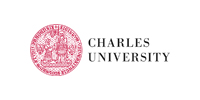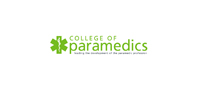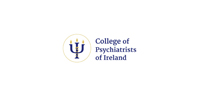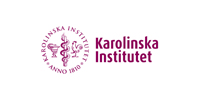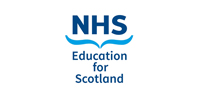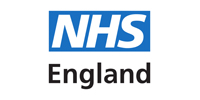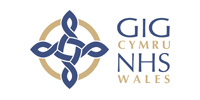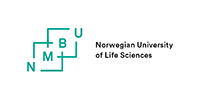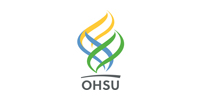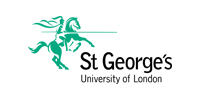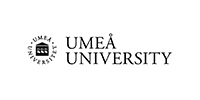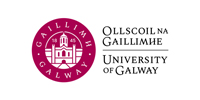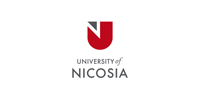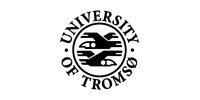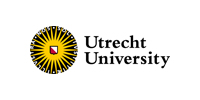A few words about this paper…
A great new PhD track was launched with Markus Fischer’s idea to look into situation awareness (SA). The latter term is known from the aviation industry and requires pilots to be aware of all critical situations that may occur while flying a plane. More and more evidence is emerging to suggest SA is also applicable to medicine (particularly emergency medicine and surgery). However, the question arose whether we can find any similarities in OSCE stations that might not be designed to detect SA, but which contain item descriptors that could be linked to three different types of SA. Markus Fischer’s first paper provides insight in the literature on situational awareness and OSCEs. A pretty advanced subject that just recently received it’s first citation. I am sure there are more to come once Dr Fischer’s other papers are published.
Authors
Markus Fischer, Kieran Kennedy, Steven Durning, Marlies P Schijven, Jean Ker, Paul O’Connor, Eva Doherty and Thomas JB Kropmans
Abstract
Background
Medical students may not be able to identify the essential elements of situational awareness (SA) necessary for clinical reasoning. Recent studies suggest that students have little insight into cognitive processing and SA in clinical scenarios. Objective Structured Clinical Examinations (OSCEs) could be used to assess certain elements of situational awareness. The purpose of this paper is to review the literature with a view to identifying whether levels of SA based on Endsley’s model can be assessed utilising OSCEs during undergraduate medical training.
Methods
A systematic search was performed pertaining to SA and OSCEs, to identify studies published between January 1975 (first paper describing an OSCE) and February 2017, in peer reviewed international journals published in English. PUBMED, EMBASE, PsycINFO Ovid and SCOPUS were searched for papers that described the assessment of SA using OSCEs among undergraduate medical students. Key search terms included “objective structured clinical examination”, “objective structured clinical assessment” or “OSCE” and “non-technical skills”, “sense-making”, “clinical reasoning”, “perception”, “comprehension”, “projection”, “situation awareness”, “situational awareness” and “situation assessment”. Boolean operators (AND, OR) were used as conjunctions to narrow the search strategy, resulting in the limitation of papers relevant to the research interest.
Areas of interest were elements of SA that can be assessed by these examinations.
Results
The initial search of the literature retrieved 1127 publications. Upon removal of duplicates and papers relating to nursing, paramedical disciplines, pharmacy and veterinary education by title, abstract or full text, 11 articles were eligible for inclusion as related to the assessment of elements of SA in undergraduate medical students.
Discussion
Review of the literature suggests that whole-task OSCEs enable the evaluation of SA associated with clinical reasoning skills. If they address the levels of SA, these OSCEs can provide supportive feedback and strengthen educational measures associated with higher diagnostic accuracy and reasoning abilities.
Conclusion
Based on the findings, the early exposure of medical students to SA is recommended, utilising OSCEs to evaluate and facilitate SA in dynamic environments.
Click below for article full text…
Click here to provide feedback on the paper.


